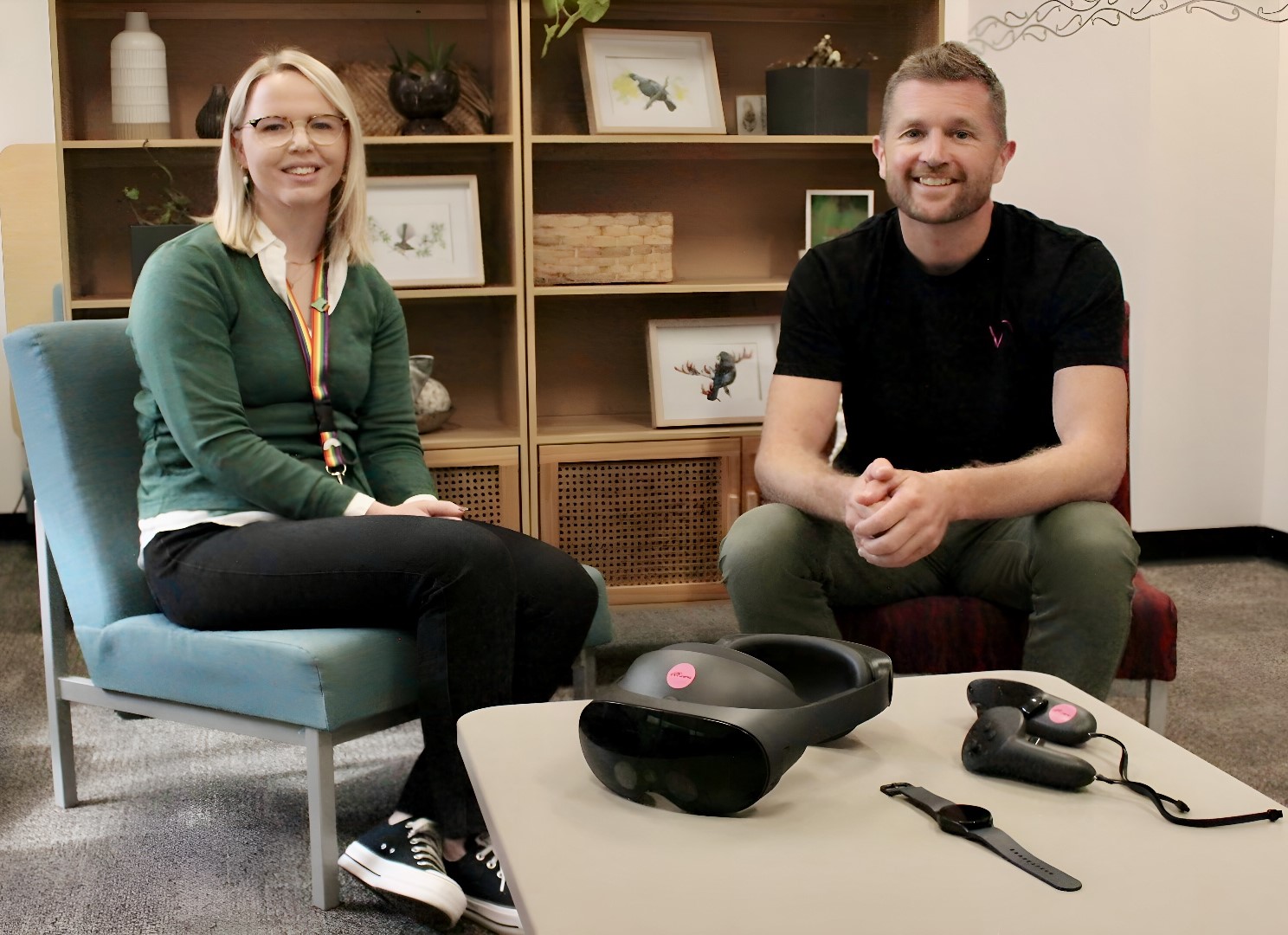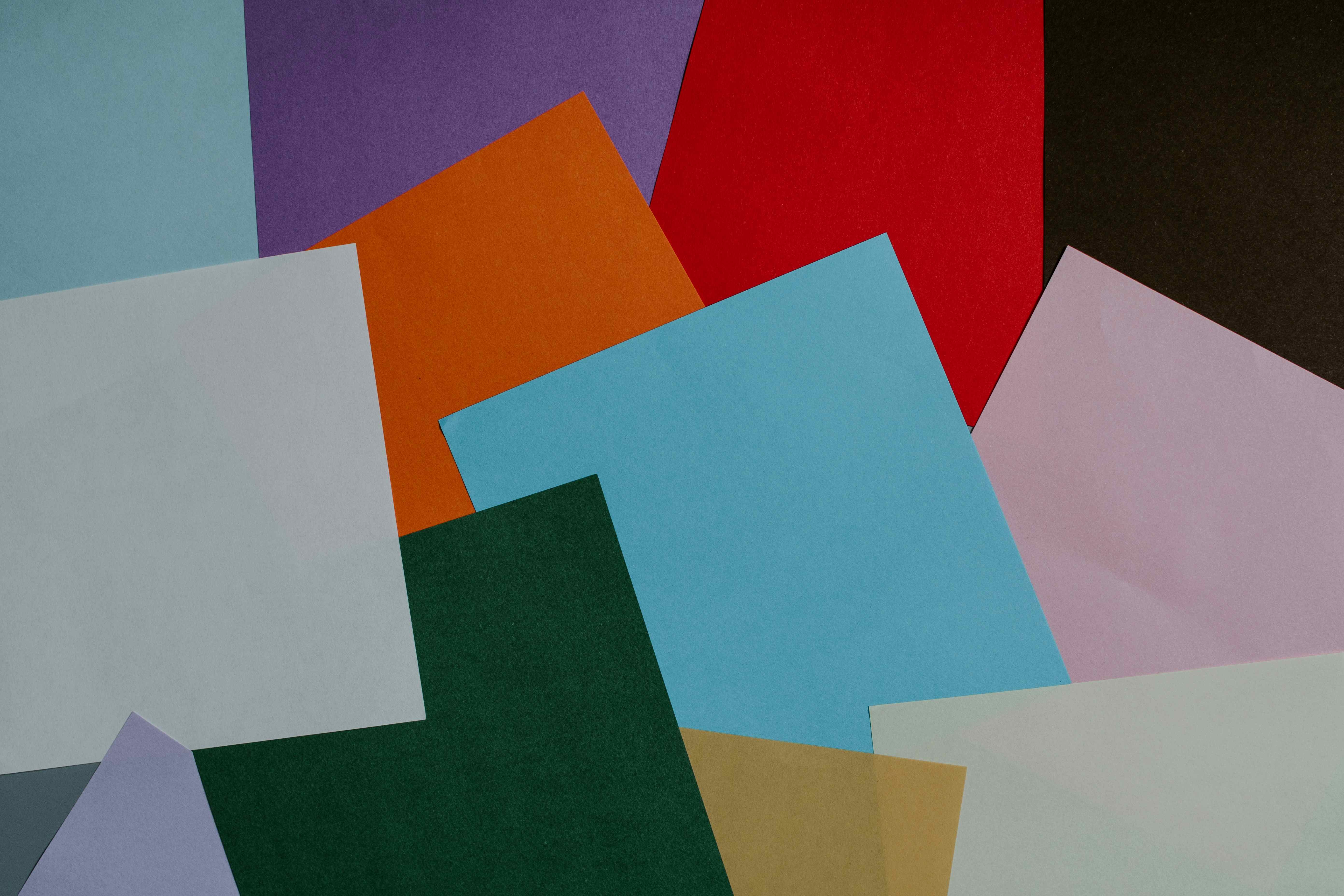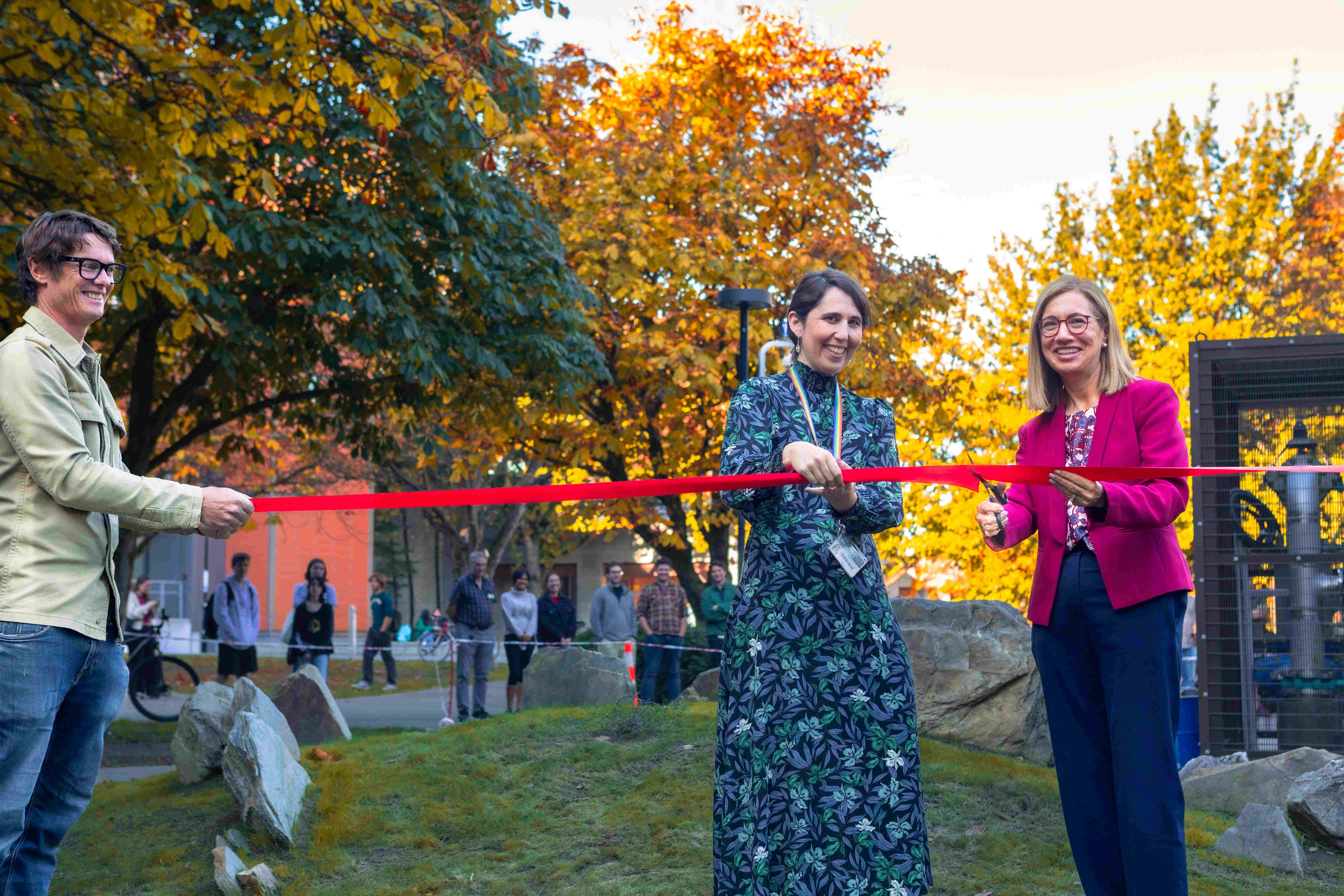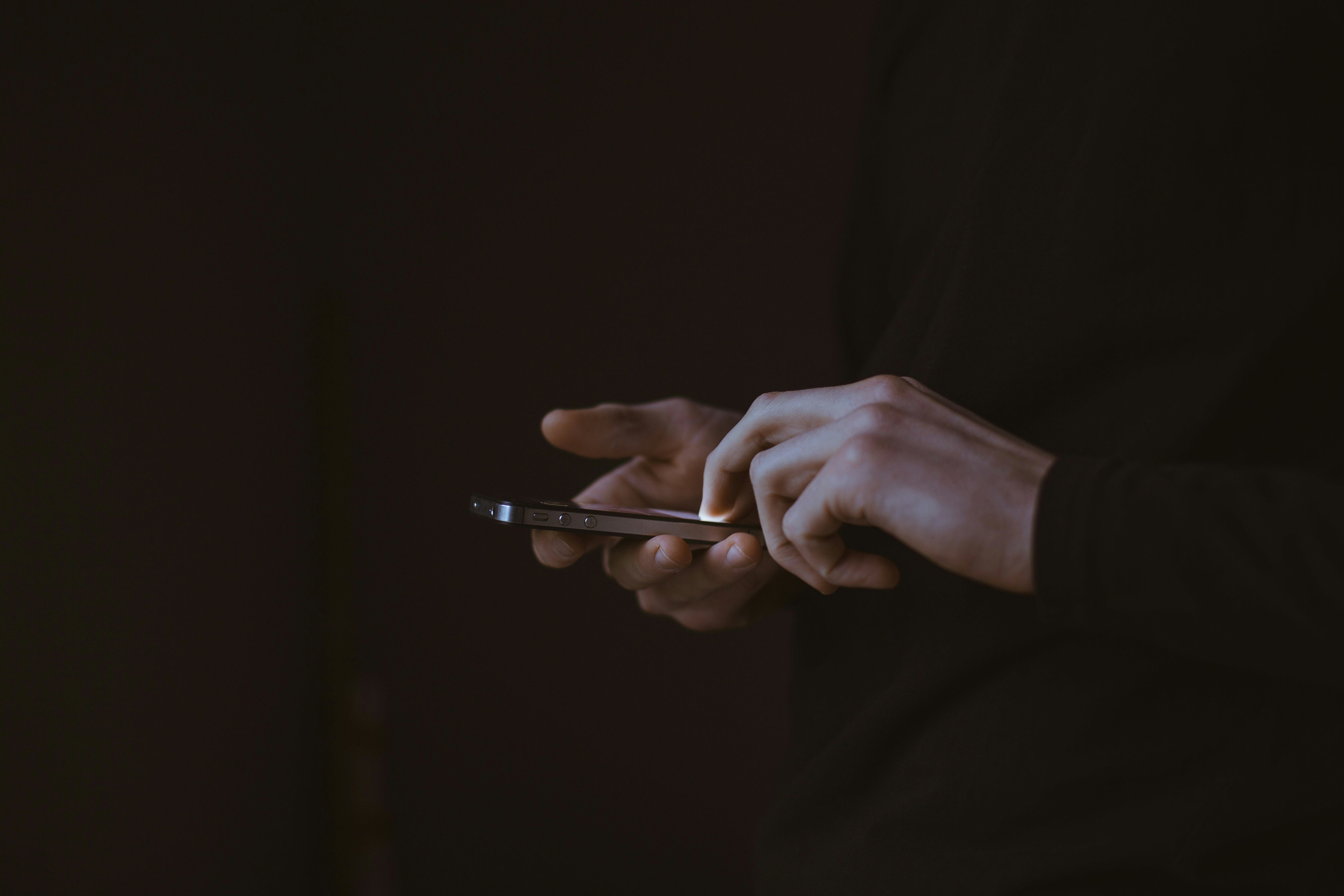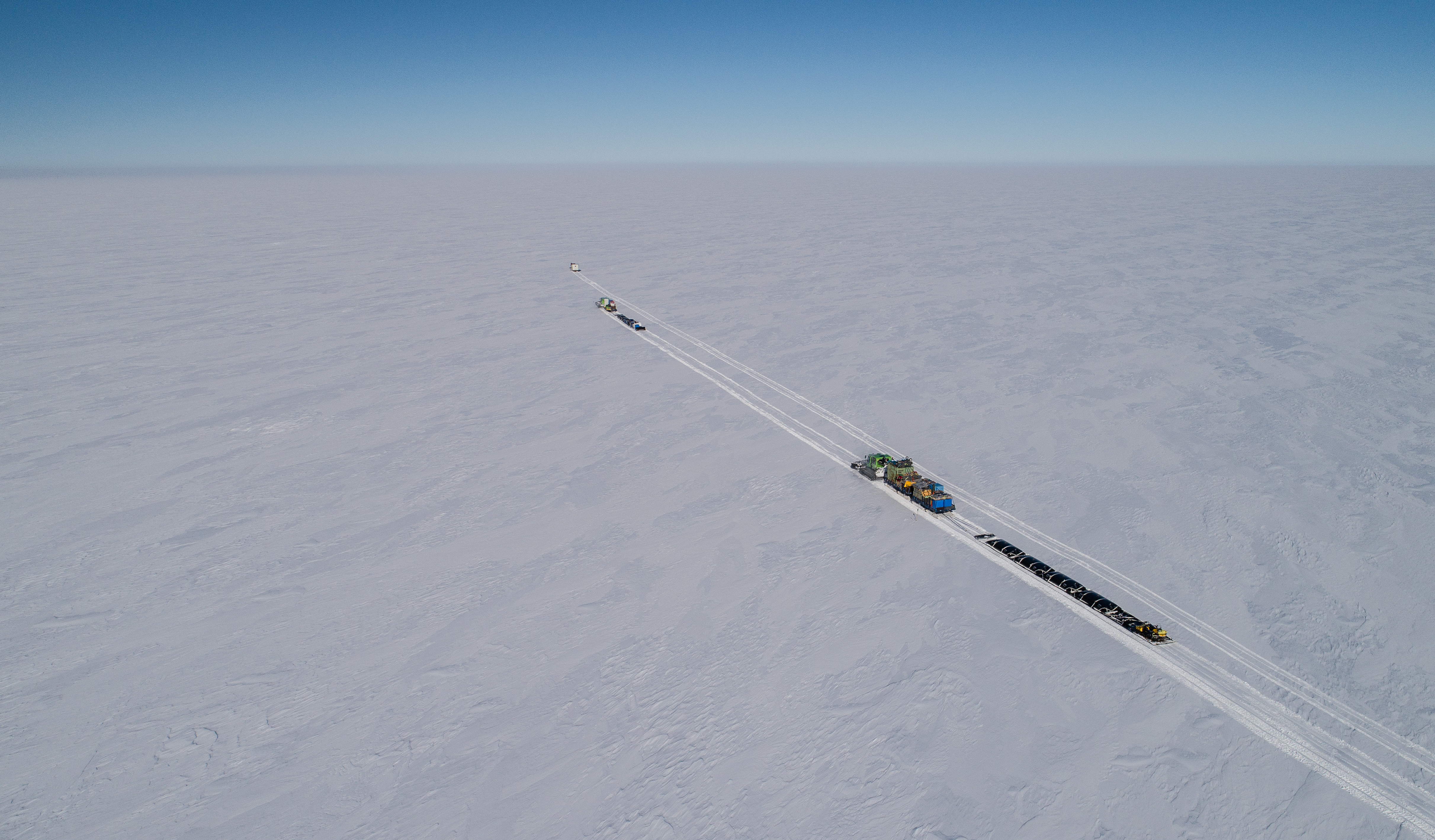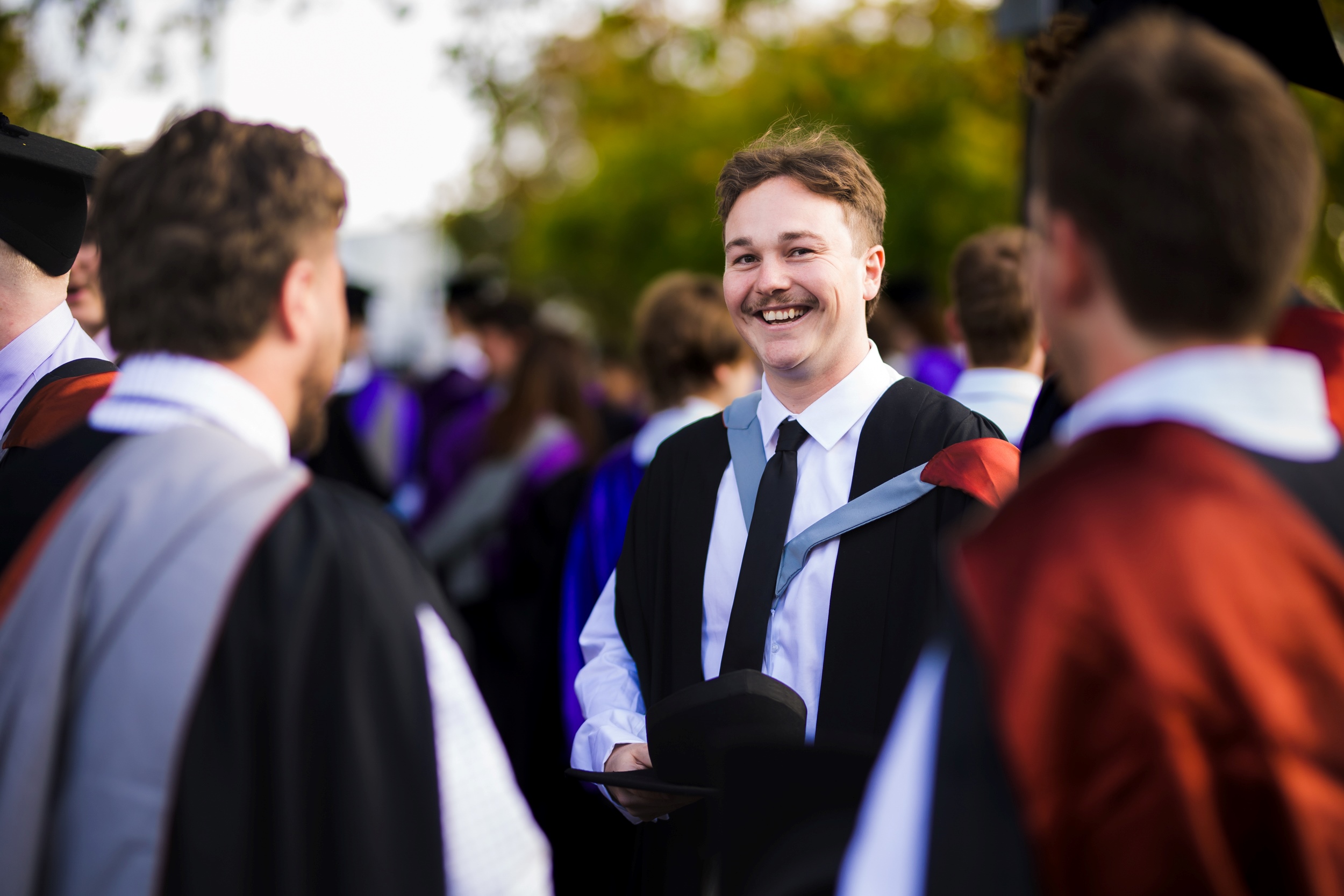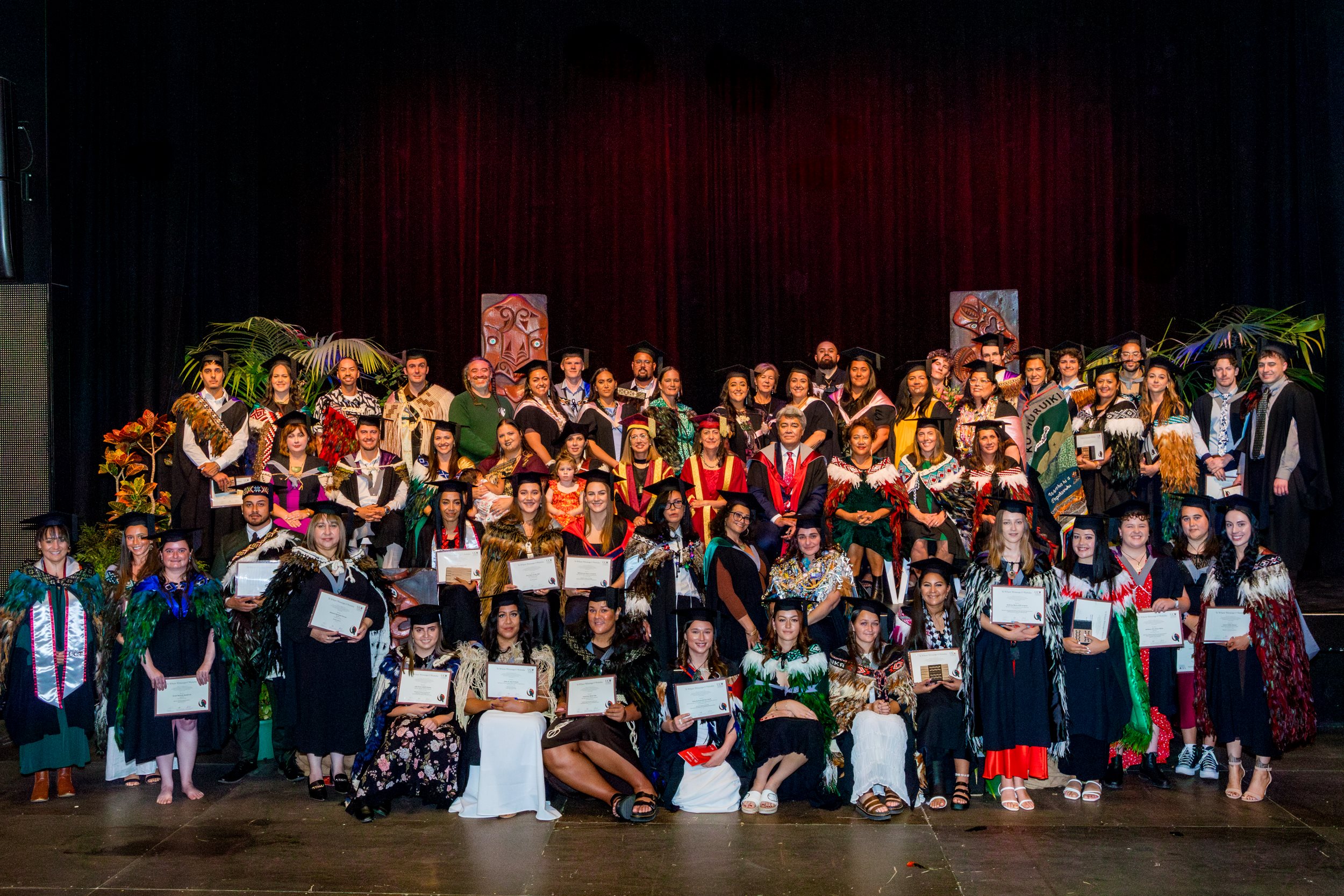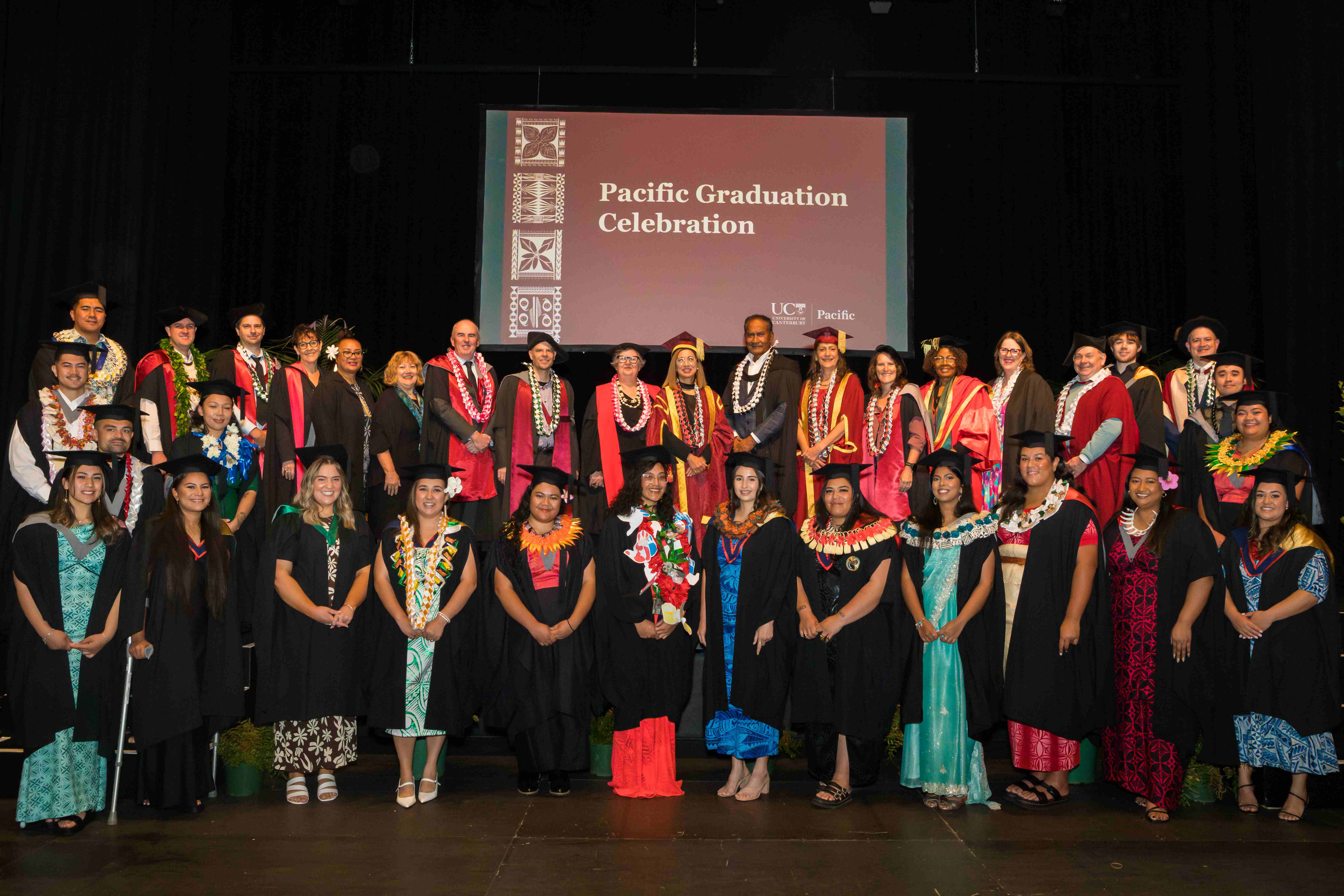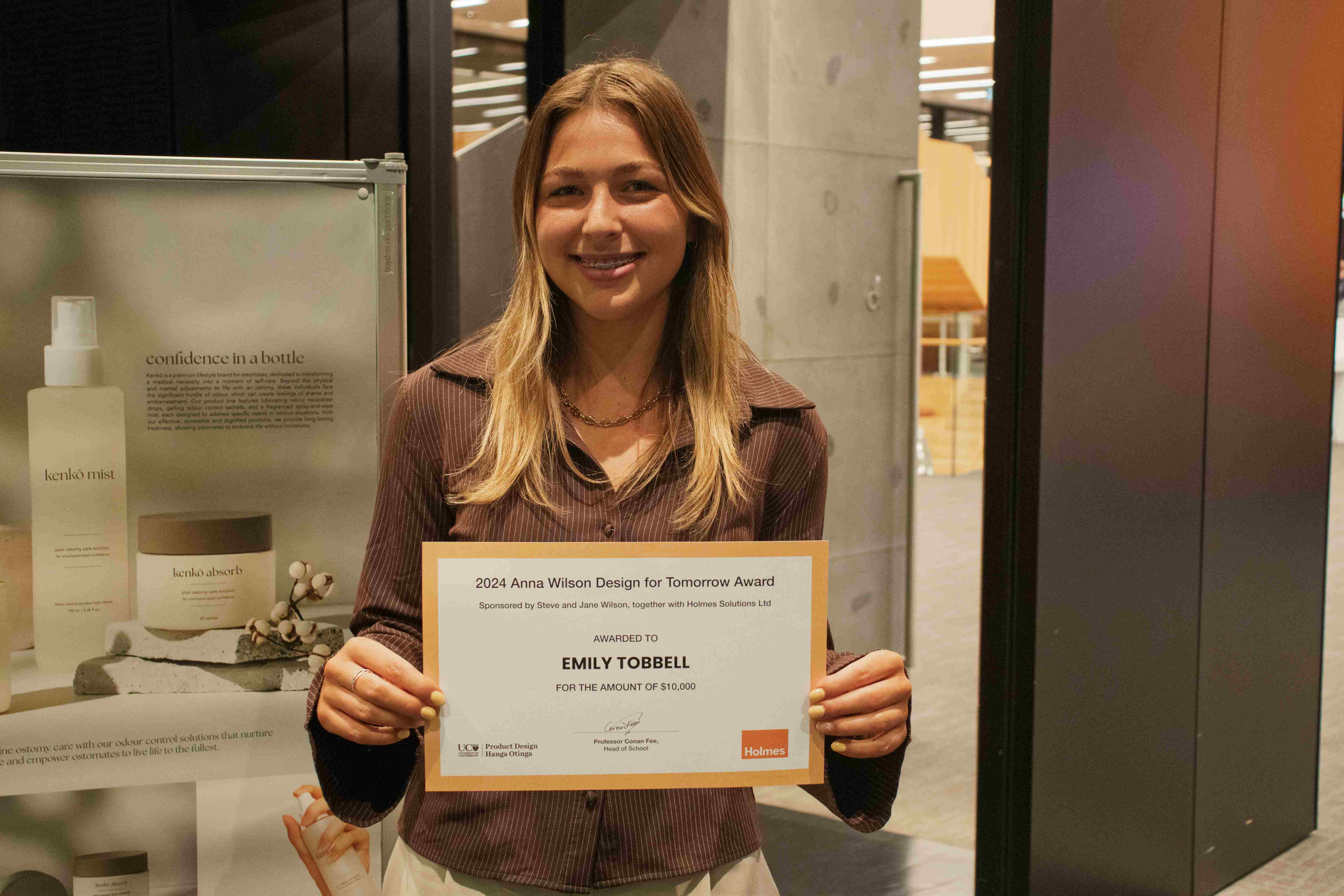Pictured on the left are (front to back) Amy Fellowes (Mechanical Engineering), Julian Phillips (UC Electronics Technician, Mechanical Eng.), Josie Dixon (Mechanical Eng.), Fred Wright (Mechatronics Eng.), Manu Prosser (Mechanical Eng.). On the right (front to back) are Callum Wilkie (Mechanical Eng.), Rhys Fitzgerald (Mechatronics Eng.), Sam Tullett (Mechanical Eng., student supervisor), and Dr Debbie Munro (Senior Lecturer, Mechanical and Biomedical Engineering).
For 10 weeks this summer, seven University of Canterbury (UC) students are going to be repairing life-saving medical equipment and engineering biomedical solutions in Tongan hospitals.
Sponsored by Callaghan Innovation summer research grants, the seven UC Biomedical Engineering students are learning how to repair medical devices on campus in Christchurch, before leaving for Tonga next week on 28 November.
UC Senior Lecturer in Mechanical and Biomedical Engineering Dr Debbie Munro is leading the initiative. Earlier this year, UC launched an annual biomedical engineering work experience in the Pacific Islands where students can combine their engineering skills with hands-on training for repairing critically needed hospital equipment.
“We've selected our interns and are in the midst of preparing them to leave for Tonga. We will be repairing hospital equipment for ten weeks while also developing the framework for a training programme for local people to continue the repair and maintenance work in Tonga,” Dr Munro says.
Dr Munro is the supervisor for the first five weeks and UC Electronics Technician Julian Phillips, who received a staff development award to attend, will take over supervision for the second half of the internship in January.
“I am super excited to be partnering with Callaghan Innovation, Fisher & Paykel Healthcare, and Take My Hands to send these students to Tonga for a global work experience where they can apply their biomedical engineering skills towards improving healthcare in developing countries,” Dr Munro says.
The seven UC Biomedical Engineering student interns are:
- Josie Dixon
- Amy Fellowes
- Rhys Fitzgerald
- Manu Prosser
- Sam Tullett (student supervisor)
- Callum Wilkie
- Frederick Wright
Background
Hundreds of developing countries depend on donated hospital equipment to provide lifesaving care. This equipment, mostly used or near its expiration date, comes from different manufacturers in various states of repair. Often, the recipient country does not have the resources to maintain the equipment, operate it in a controlled environment or repair it. Since they received it as a donation, they also cannot get technical assistance from the manufacturer. The equipment can only be used until it breaks down.
Engineering World Health (WH) and other philanthropic organisations have long been sending students to developing countries to repair hospital equipment. Last year, Dr Munro and the University of Canterbury sent two students to Uganda for summer 2018-2019 to participate in one of the EWH’s programmes.
This year, UC’s new biomedical engineering work experience in the Pacific Islands is sending seven students to Tonga. A mechanical and biomedical engineer in Mechanical Engineering, Dr Munro is also founder of the Biomedical Engineering Club (UC BIOMED) at UC. UC BIOMED aims to provide students studying Mechanical and Mechatronics with an interest in Biomedical Engineering/Bioengineering with the opportunities and skills to advance human health and wellbeing through technological innovation.
Dr Munro was one of the design engineers for the Jurassic Park Ride at Universal Studios Hollywood, where you can view her mother and baby ultrasaur, parasaur, and T-Rex. She also worked for NASA and worked on the AX-5 spacesuit, the infrared airplane-mounted telescope called SOFIA, and an animal habitat that flew on the Space Shuttle. Her recent work has been in orthopaedic implant design and biomechanics, with projects including total hip replacement and measurement of spinal fusion with implanted sensors. Dr Munro discussed biomimicry and harnessing nature’s innovation on RNZ earlier this year (listen to her interview here).


